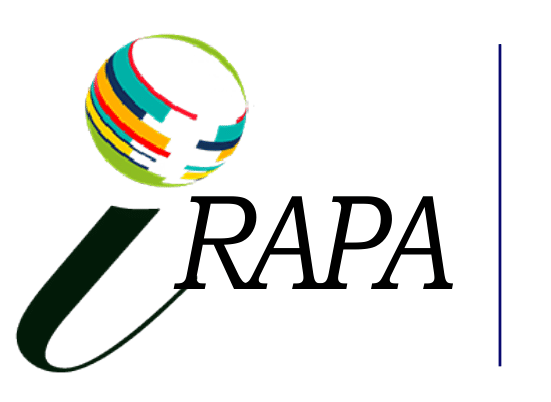Muhammad Farhat Habib
 Corresponding Author
Corresponding Author
Ali Raza Nemati
 Director Human Resource and Organizational Development TMUC - Pakistan | The Millenium Education Group
Director Human Resource and Organizational Development TMUC - Pakistan | The Millenium Education Group
 kamranalvi08@gmail.com
kamranalvi08@gmail.com
How to Cite:
Habib, M. F., Alvi, M. K., & Nemati, A. R. (2022). Antecedents of Counterproductive Behaviour: A Study of Federal Semi Government Universities in Pakistan. Academy of Education and Social Sciences Review, 2(1), 22–32. https://doi.org/10.48112/aessr.v2i1.108
Publisher’s Note:
International Research and Publishing Academy (iRAPA) stands neutral with regard to jurisdictional claims in the published maps and institutional affiliations.
Copyright:
© 2021 Academy of Education and Social Sciences published by International Research and Publishing Academy (iRAPA)
This is an Open Access article published under the Creative Commons Attribution 4.0 International (CC BY 4.0) (https://creativecommons.org/licenses/by/4.0/)
Creative Commons Attribution (CC BY): lets others distribute and copy the article, to create extracts, abstracts, and other revised versions, adaptations or derivative works of or from an article (such as a translation), to include in a collective work (such as an anthology), to text or data mine the article, even for commercial purposes, as long as they credit the author(s), do not represent the author as endorsing their adaptation of the article, and do not modify the article in such a way as to damage the author's honour or reputation.
Recent Articles




